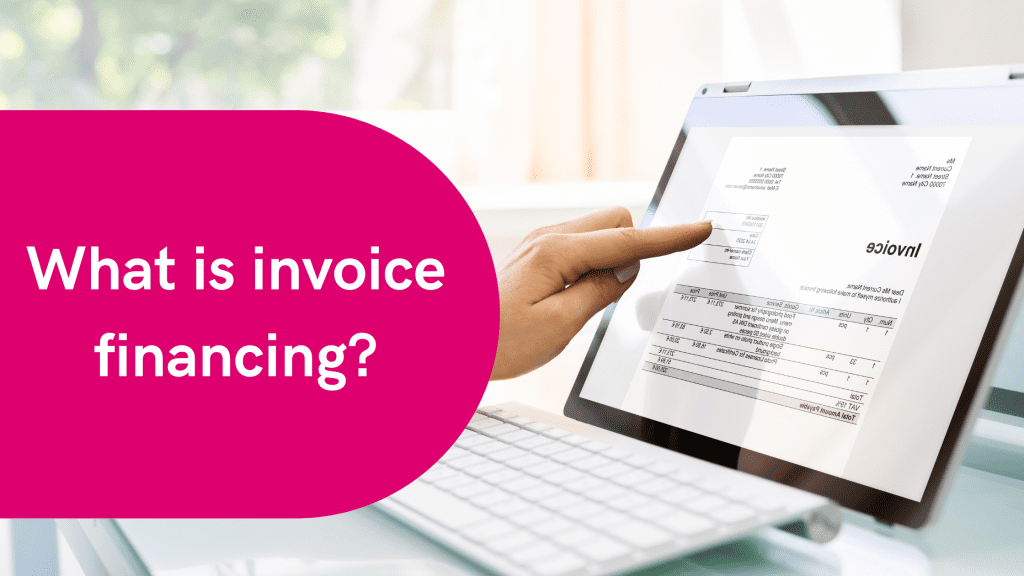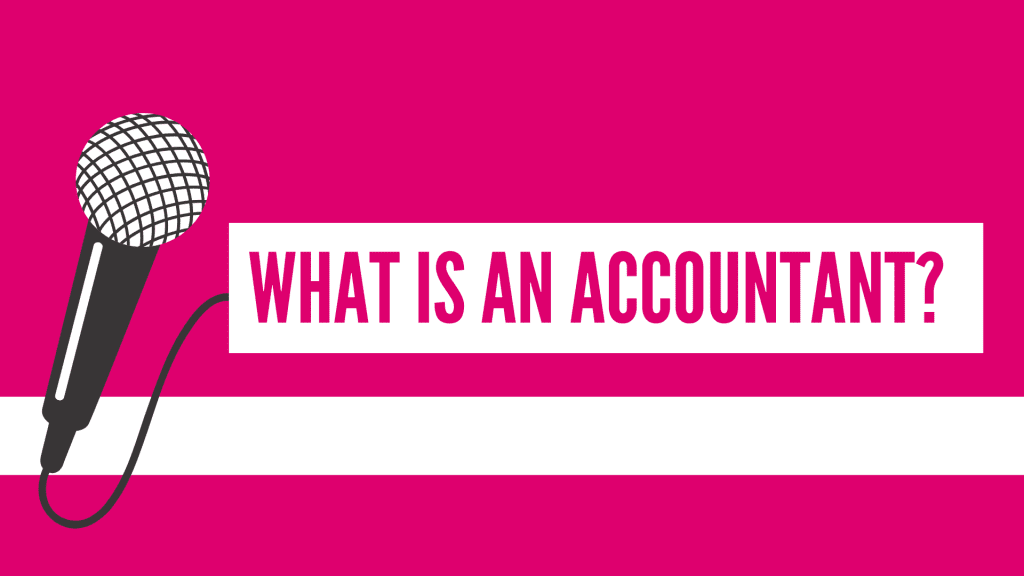
Navigating HMRC Time to Pay Arrangements: A Lifeline for UK Businesses In the complex world of business finance, one of…

Navigating HMRC Time to Pay Arrangements: A Lifeline for UK Businesses In the complex world of business finance, one of…

In the realm of business finance, one solution that has been gaining traction, especially among small and medium-sized enterprises (SMEs),…

What is Asset Finance? In today’s fast-paced business world, staying ahead often means having the right tools and equipment at…

Should I Get a Business Loan? Running a successful business often requires a steady flow of capital to cover various…

In the ever-evolving landscape of business and finance, staying ahead means leveraging every available resource to fuel growth and efficiency….

What is an Accountant? Unveiling the Essential Role in Your Business If you’ve ever wondered, “what is an accountant?” then…

Unraveling the Complexity: UK Business Compliance in Accountancy In today’s swiftly shifting regulatory environment, understanding UK business compliance in the…

A common dilemma faced by many budding entrepreneurs and freelancers in the UK is: should I become a limited company?…

In today’s fast-paced, competitive world, achieving business success is a path fraught with many challenges. The journey to becoming a…

I didn’t know that? This is a phrase we hear a lot, especially when someone sets up a limited company…